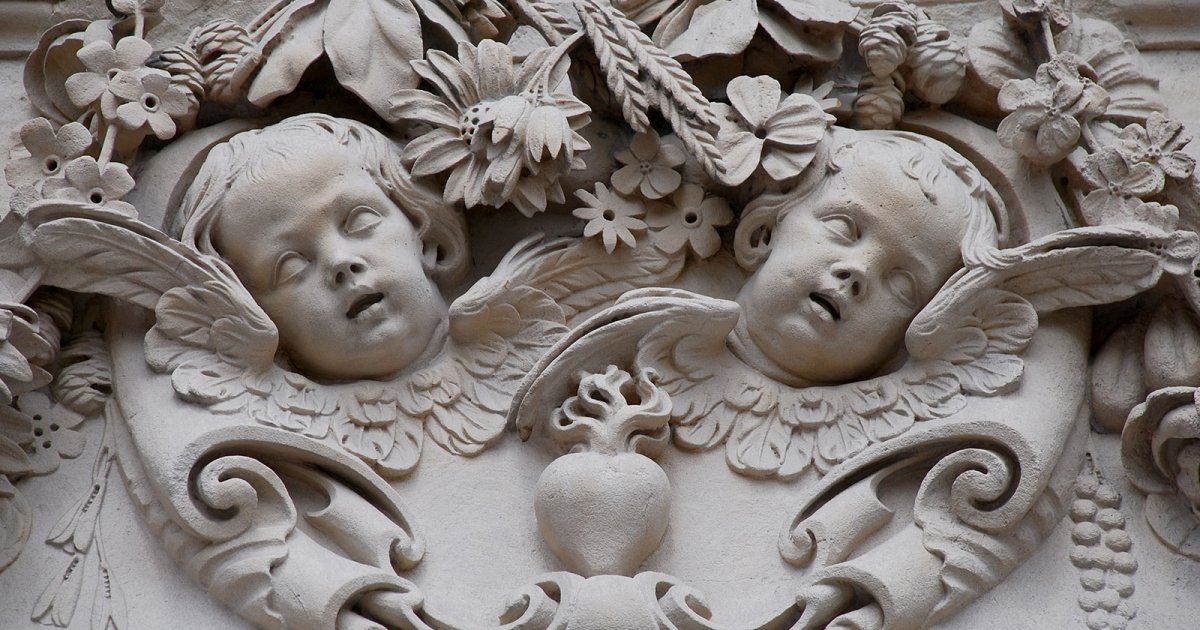WESTMINSTER ABBEY, Tombs
 Language: English / USA
Language: English / USA
After walking the length of the right nave, you'll reach the transept, where great Anglo-Saxon men have been buried or commemorated with monuments since as far back as the 1400s. The so-called Poets' Corner is the resting place of Dickens, Tennyson, and Kipling, while other great writers with tombs elsewhere are commemorated, including Shakespeare, Shelley, Byron, and many more. You'll also see monuments dedicated to musicians and great actors, such as Laurence Olivier's tomb from 1989: he was one of the last personalities from the world of art and culture to be buried here.
Now go towards the centre of the church. It's impossible not to notice the elaborate Neo-Gothic transenna between the central nave and the chorus that was added during the renovation works that focused on the Abbey's most sacred area: the "sanctuary" where British sovereigns are crowned. The main altar with its mosaic reproduction of the Last Supper dates back to the early 1800s, as do the partition wall, railings, and choir seats, while the magnificent mosaic floor with golden tiles and coloured marble created by a Roman marble-worker dates back to the second half of the 13th century. I'd also like to point out the beautiful canopied tombs for the members of the Lancaster Dynasty.
On the left you have Statesmen's Aisle, with the tombs of nineteenth-century British Prime Ministers. From here, begin to walk through the corridor that runs around the main altar. At the centre, a staircase leads you to the sixteenth-century Henry VII Chapel, which is also called "Lady Chapel" because it is dedicated to the Virgin Mary. It is one of the most daring and imaginative Gothic achievements: look how fascinating its pendant fan vault ceiling is, supported by clustered columns! On the left you can visit the tomb of Queen Elizabeth I, who died in 1603, and at the back you'll find Innocents' Corner, which contains the moving tombs of children from the royal dynasty.
You can also admire works by artists from the Italian Renaissance in the church: there is a painting by the Venetian Bartolomeo Vivarini on the altar, and the beautiful tomb of Henry VII and his wife Elizabeth of York is by a sixteenth-century Florentine sculptor.
Crossing a modern walkway, you'll reach the tomb of the founder of the church, Edward the Confessor, and you can see the Coronation Chair: the oak throne where the sovereigns of England sit during the Coronation.
FUN FACT: the Stone of Scone, a symbol of the kingdom of Scotland, sat underneath the Coronation Chair for seven centuries. It was only returned to Edinburgh in 1996.



